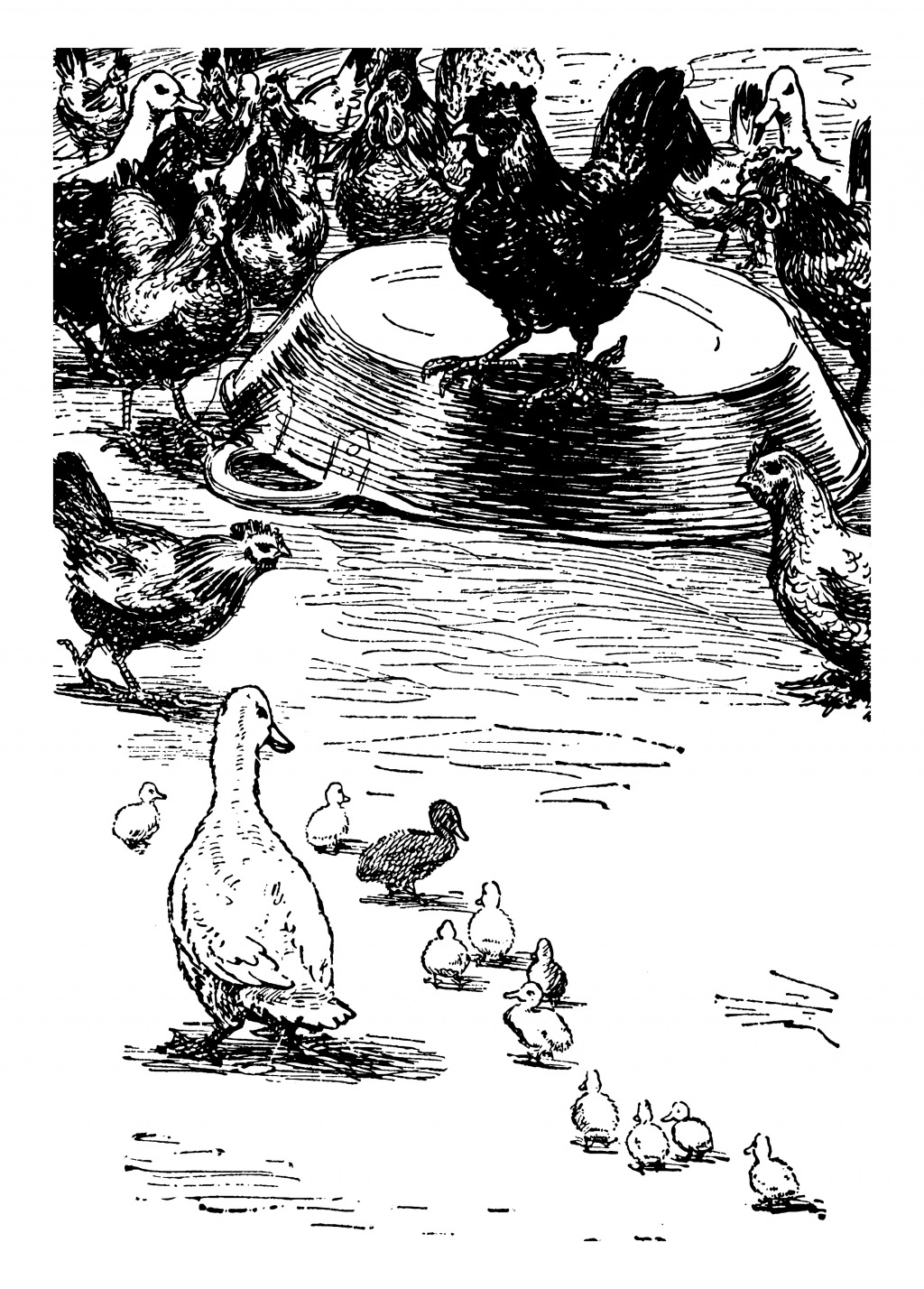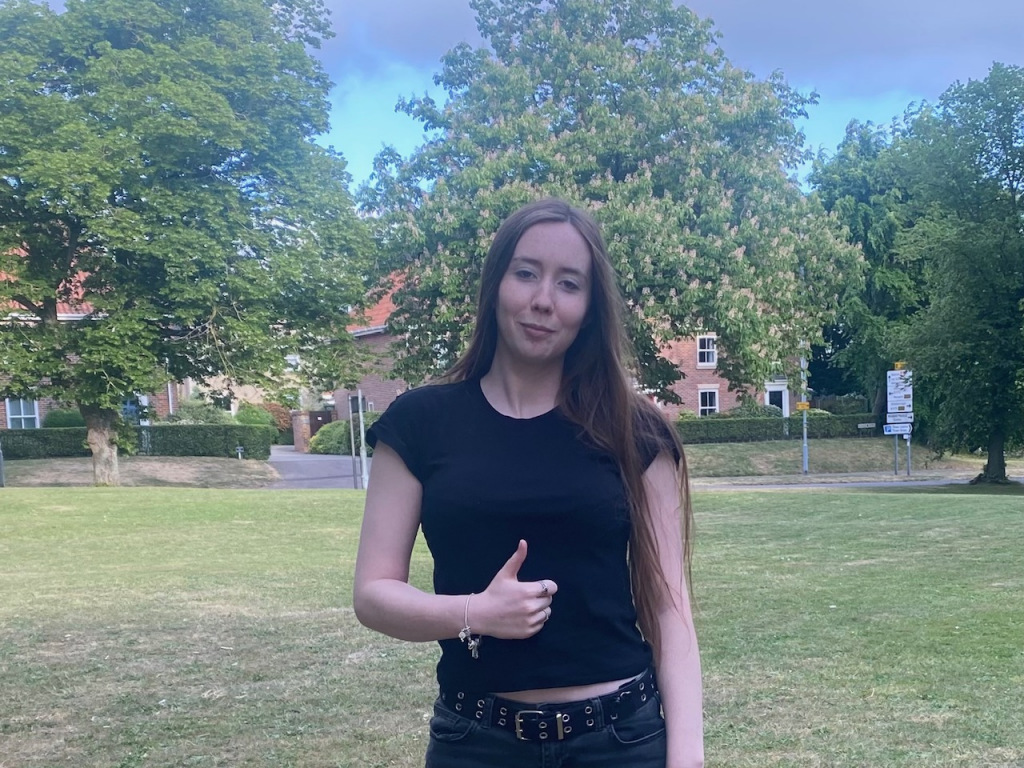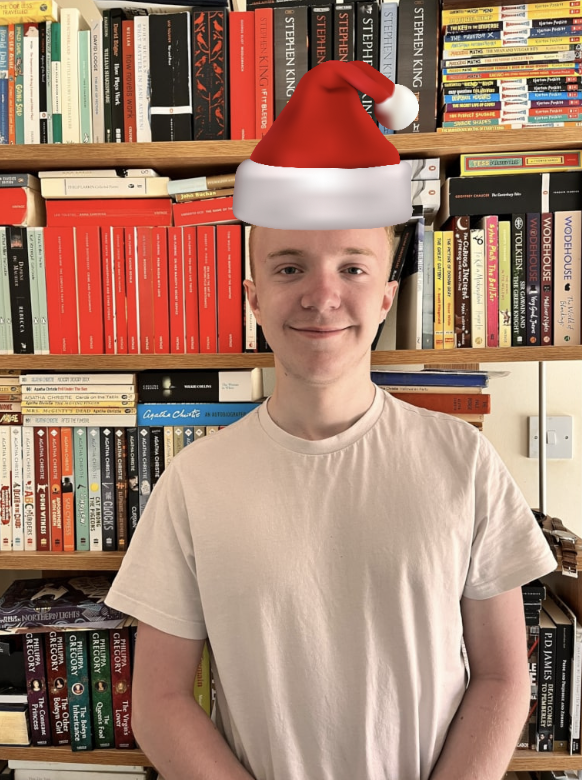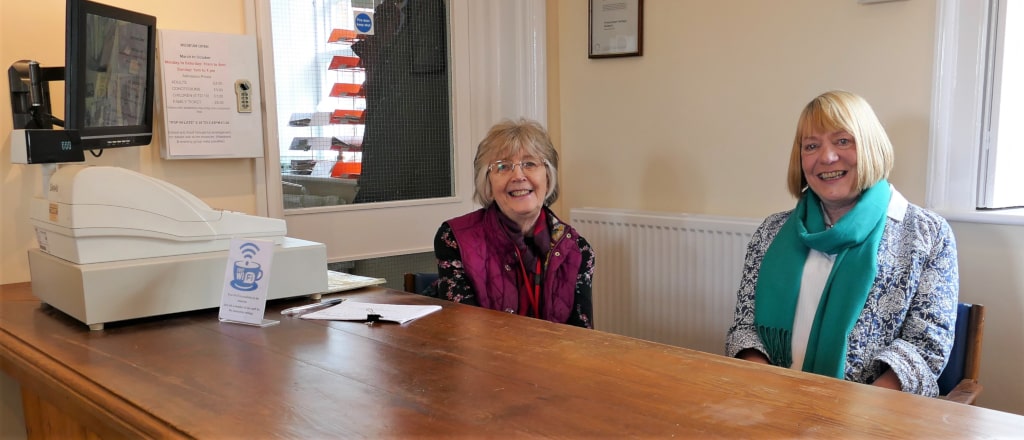The winner of the 2025 Women’s Prize for Fiction will be announced on June 12th. This year’s longlist was compelling enough to persuade me – a stuck-in-the-past 19th-Century lover usually loath to read any recent release – to read two of them: Chimamanda Ngozi Adichie’s Dream Count and Elizabeth Strout’s Tell Me Everything. Dream Count regrettably did not make the shortlist, although I doubt this will keep Adichie up at night. Her novel Half of a Yellow Sun not only won it in 2007, but then won the “Winner of Winners” faceoff between all 25 previous winners in 2020.
Dream Count follows four Nigerian women who have emigrated to the United States – Chiamaka, Zikora, Kadiatou, and Omelogor – and their intersecting lives. The title is a riff on the phrase “body count”, referring to our previous sexual partners. Chiamaka’s chapters mostly consist of flashbacks to her former exes, crushes, and romantic dreams – this is her “dream count”. That phrase is the novel’s greatest strength: the tender acknowledgement that we have all loved and lost, regardless of whether we slept with them.
There is much to admire about Dream Count. At its core, this novel chronicles the endless fascination and complexity of people. The descriptions of small human moments – Kadiatou reconciling with her daughter after a tragedy, Omelogor and Chiamaka’s unlikely friendship, the quips exchanged between pals – are clearly Adichie’s priority.
Adichie’s recent public critiques of academia also make a surprising – and unapologetic – appearance. Sanctimonious student types are ruthlessly parodied. One character is described as unable to feel emotion, but able to analyse the semiotics of emotion. Another is brutally described as having “the pinched, humourless face of a person who thrived on grievances.” At one point, a university student rants over dinner about Apple products and mass heteronormative conformity, and then tells Chiamaka that she is “eating death”. Chiamaka says nothing. “I tried frantically to make the connection between Apple, my eating, and death.”

I admit I laughed.
One would not call it Adichie’s best work, largely due to the frustratingly episodic structure. The women’s storylines are not integrated (much). Instead, they are told in individual, consecutive chapters. It feels more like a short story collection than a novel. Similarly, the endless exposition of character backstory, especially for minor characters we never see again, borders on tiresome.
This begs comparison with Elizabeth Strout’s Tell Me Everything, a novel very different from Dream Count but with a similar central concern: the endless complexity of people. Strout’s storylines are more seamlessly integrated. She does not adopt Adichie’s episodic ‘one-by-one’ format. The various plots and characters are integrated from the beginning like strands of thread in a rug; it feels like a more cohesive whole.
Strout’s novel, which did make the shortlist, is a modern-day Trollope or Eliot. Tell Me Everything is an emotionally tender omniscient narrative examining a parochial town and the intertwining, converging lives of its inhabitants. It is a book I cannot imagine anyone disliking. It is empathic, heartfelt, and extremely wholesome. One would not call it ground-breaking, but that is almost part of the appeal; it feels reassuringly and unapologetically small-scale.

The novel chronicles several characters from Strout’s other books, although Tell Me Everything reads perfectly well as a standalone. At the heart of the story is an unlikely friendship between Lucy Barton and Bob Burgess, a novelist and a retired criminal barrister, respectively, who go on emotionally intimate walks together to talk about life. This friendship is eventually permeated – and threatened – by underlying romantic feelings for each other. An even less likely friendship is between Lucy Barton and Olive Kitteridge, a wacky ninety-year-old who initially has no time for Lucy’s away-with-the-fairies ideas, but whose heart ends up melted by her anyway.
This novel’s central theme is “unrecorded lives”: the fact that every single one of us lives our lives with dreams, loves, crushes, yearnings, intellectual obsessions, projects…each life has its own fascinations and complexities. And yet of course, it is impossible to record them all.
The focus on the many intersecting lives of a small town feels very George Eliot-esque, especially Middlemarch. Strout's intrusive narrative voice feels lifted from Anthony Trollope, and the pervading theme of how little we truly understand about the world or each other feels inspired by Leo Tolstoy or Victor Hugo. As Hugo wrote in Les Misérables, “there are no little facts in the human realm, any more than there are little leaves in the realm of vegetation…The face of the century is made up of the lines of the years.” Strout would no doubt agree.
Perhaps this was why Strout’s novel appealed to me more than most books nominated for prizes, as thematically, it feels the most lifted from nineteenth-century classics. Yet despite my preference for it over Dream Count, there is a huge amount to commend in both novels. The Women’s Prize’s standard this year has much to be said in its favour.
What are you reading Wymondham?
Send Freddy your tips or reviews, long or short, to news@wymondhammagazine.co.uk.















